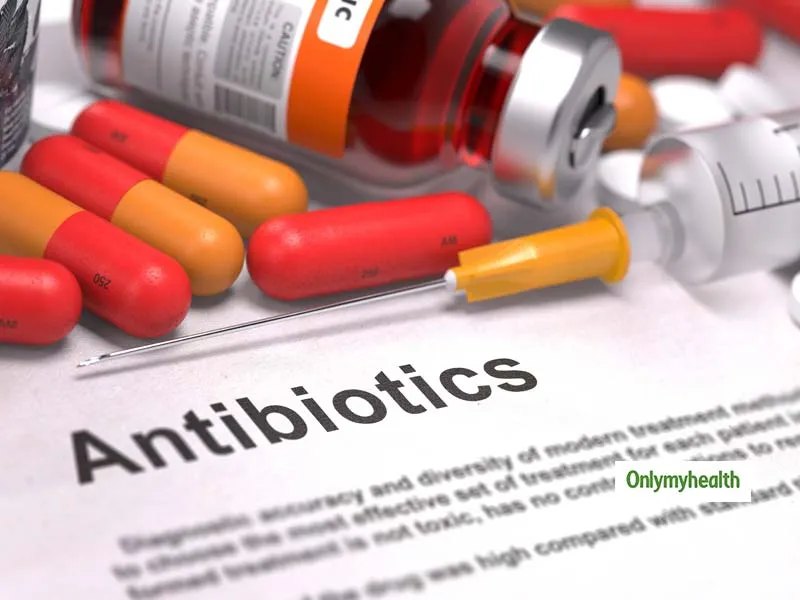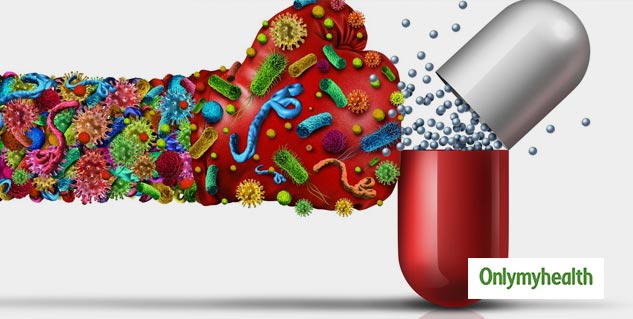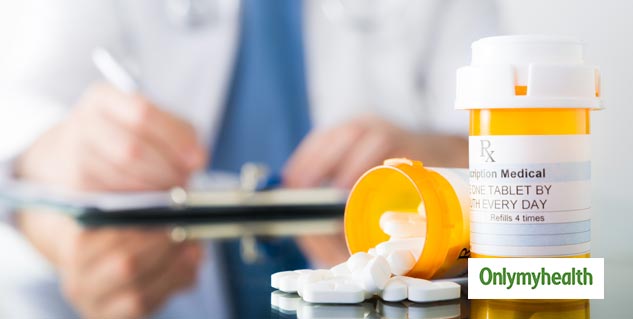
World Antimicrobial Awareness Week (WAAW) is celebrated annually from November 18–24. The prime importance of this week is to ensure using antibiotics responsibly to combat antimicrobial resistance. While these medications have revolutionised healthcare by effectively treating bacterial infections, their use is not without risks.
Table of Content:-
According to Dr Shrey Kumar Srivastav, Senior Consultant and Physician, Sharda Hospital - Greater Noida, "Among the potential side effects, liver damage is a concern that often goes unnoticed by the public." Can antibiotics harm your liver, and how can you protect this vital organ? Here's what doctors have to say.
Understanding the Liver’s Role
The liver is a powerhouse organ that processes everything we ingest, including medications. When you take antibiotics, the liver works to break down and eliminate them from your body. "However, some antibiotics can produce byproducts that stress liver cells, potentially causing damage. This condition, known as Drug-Induced Liver Injury (DILI), is a rare but significant risk," Dr Srivastav explained.

Also Read: Struggling With Dry Lips Already? Here Are 6 Tips To Hydrate Them Naturally
Which Antibiotics Are Linked to Liver Damage?
As per Dr Srivastav, “Not all antibiotics carry the same risk of liver toxicity.” Some of the common culprits include:
Amoxicillin-Clavulanate: Often prescribed for bacterial infections, this antibiotic combination is a leading cause of antibiotic-related liver injury.
Tetracyclines: These drugs, used for conditions like acne and respiratory infections, can harm the liver, particularly in high doses.
Macrolides (e.g., erythromycin): Though effective for respiratory and skin infections, macrolides have been associated with liver enzyme elevation.
Fluoroquinolones (e.g., ciprofloxacin): Rarely, these antibiotics can trigger severe liver damage.
While the risk exists, it’s important to note that most people tolerate these medications without significant issues.
How to Recognise Liver Damage Symptoms
Liver damage from antibiotics often starts subtly, making it essential to stay alert to warning signs. Symptoms include:
- Fatigue
- Nausea and vomiting
- Jaundice (yellowing of the skin and eyes)
- Dark urine
- Pain or discomfort in the upper right abdomen
If you experience these symptoms while taking antibiotics, consult a healthcare provider immediately.

Who is Most at Risk?
Certain factors can increase the likelihood of liver damage from antibiotics:
Pre-existing liver conditions: Individuals with hepatitis or fatty liver disease are more susceptible.
Alcohol consumption: Combining alcohol with antibiotics heightens the liver’s workload, amplifying the risk.
Polypharmacy: Taking multiple medications that affect the liver can lead to complications.
Age and genetics: Older adults and people with specific genetic predispositions may face higher risks.
Expert Shares How to Protect Your Liver
1. Follow Prescriptions Carefully
Take antibiotics exactly as directed, and avoid self-medicating. Overuse or misuse increases the risk of side effects.
2. Inform Your Doctor
Always disclose any history of liver disease, alcohol use, or other medications you're taking.
3. Limit Alcohol
Avoid alcohol while on antibiotics to reduce liver strain.
4. Monitor for Side Effects
Be vigilant about symptoms of liver damage and seek medical attention if needed.
5. Promote Overall Liver Health
A balanced diet, regular exercise, and avoiding unnecessary toxins can strengthen your liver's resilience.
Bottomline
Antibiotics are lifesaving when used correctly, but they are not without risks. World Antibiotic Awareness Week serves as a reminder to respect these powerful medications. By using them judiciously and staying informed, you can protect your liver and overall health. Always consult your doctor for advice tailored to your unique health needs.
Also watch this video
How we keep this article up to date:
We work with experts and keep a close eye on the latest in health and wellness. Whenever there is a new research or helpful information, we update our articles with accurate and useful advice.
Current Version